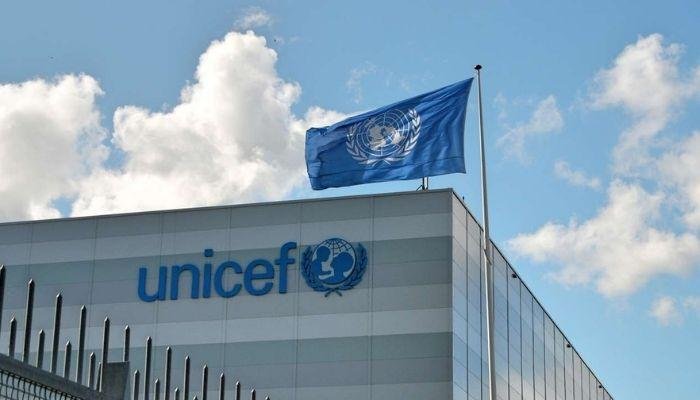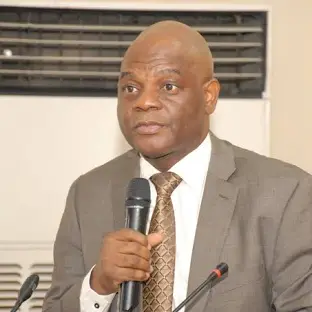ABUJA, Nigeria – A US$160 million funding shortfall is threatening lifesaving aid for millions of vulnerable families in Nigeria’s conflict-ravaged North-East, UNICEF warns, as insecurity, flooding, and displacement deepen the region’s humanitarian crisis.
Speaking on Monday in Maiduguri at the event to mark the 2025 World Humanitarian Day, the UNICEF Chief of Maiduguri Field Office, Francis Butich, said the agency needs US$255 million to sustain operations this year but has received only US$95 million—leaving a 67 per cent gap. “The needs are overwhelming, but financial support is rapidly diminishing,” he cautioned.
Themed “Strengthening Global Solidarity and Empowering Local Communities,” this year’s commemoration highlights the role of communities as active partners, not just recipients of aid. Butichi stressed that dwindling funding is already limiting access to food, health care, education, and safe water for displaced populations.
Despite these setbacks, UNICEF reported progress between January and June 2025: more than 1.3 million people accessed health services, 340,000 children received treatment for severe malnutrition, 185,000 people gained safe water, and 500,000 displaced children were enrolled in schools.
The agency commended Borno and Yobe states for investing in nutrition programmes. Borno procured 2,000 cartons of Ready-to-Use Therapeutic Food worth N165 million, while Yobe committed counterpart funding for interventions.
UNICEF currently partners with 56 organisations across 49 local government areas to strengthen resilience and empower local communities. Butichi urged donors, governments, and the private sector to step up support. “The courage of frontline workers reminds us that compassion and solidarity are essential to building a better Nigeria,” he said.



